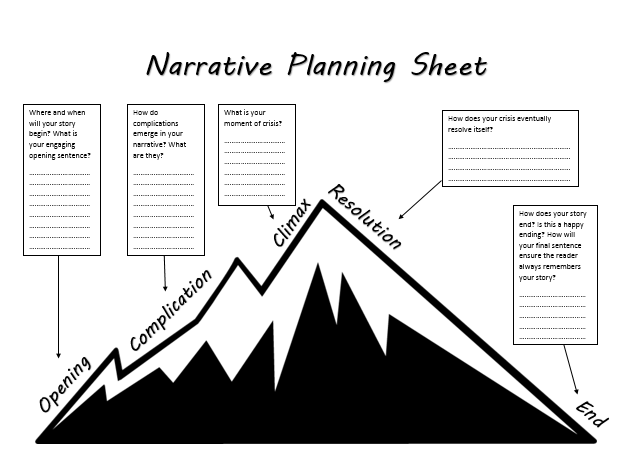Miss Archer's Shop
A range of resources for teaching English Language and Literature to Key Stages 3 and 4. Whole lessons, resources and worksheets cover a full range of ages and abilities, including High Attaining & Talented, nurture groups, reluctant readers and English as an Additional Language students.















